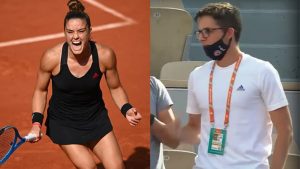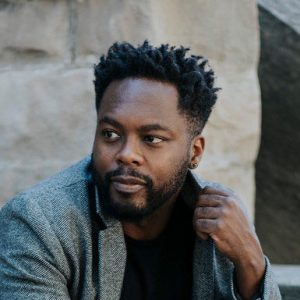Poland’s Hubert Hurkacz had never advanced beyond the third round of any tennis Grand Slam till last week. But on Wednesday, Hurkacz took down eight-time champion Roger Federer in the Wimbledon quarter-final.
The 24-year-old beat Federer in straight sets 6-3 7-6 6-0, becoming the second Polish men’s player to reach the Wimbledon semis. Jerzy Janowicz was the first, who advanced to the semifinal at Wimbledon in 2013.
Hurkacz comes from a family of athletes and started playing tennis at the age of 5. His mother, Zofia Maliszewska-Hurkacz, had been a junior tennis champion in Poland.
Hurkacz, the world number 18, had defeated world number two Daniil Medvedev in five sets in the last 16.
Hurkacz had faced Federer once before, at the Indian Wells quarterfinal in 2019. In that match, Federer had cruised to victory in straight sets. But in Wimbledon 2021, Hurkacz came in as a top-20 player and was bolstered by the win against Medvedev.

In the sixth game of the opening set, the Polish player went a break up against a sluggish looking Federer. The Swiss star, who underwent two knee surgeries in 2020, carved out a break for 2-0 in the second set.
But Federer couldn’t hold on to the lead and Hurkacz levelled the scores from being 1-4 down. He then went on to dominate Federer in the tiebreak, 15 years his senior.
After the victory, Hurkacz said that playing against Federer at the Wimbledon was a dream come true. “It’s super special to have played Roger here, it’s a dream come true. He has done so many special things here,” he said.
Hurkacz became the first player to beat Federer in straight sets at Wimbledon in 19 years. It was only Federer’s 14th defeat at the tournament in 119 matches and his first straight-sets loss since an opening-round exit against Mario Ancic in 2002.
Also read: Leo Borg back at his father Bjorn Borg’s old hunting ground
For a spot in the final, Hurkacz will now face either Matteo Berrettini of Italy or Canada’s Felix Auger-Aliassime.







